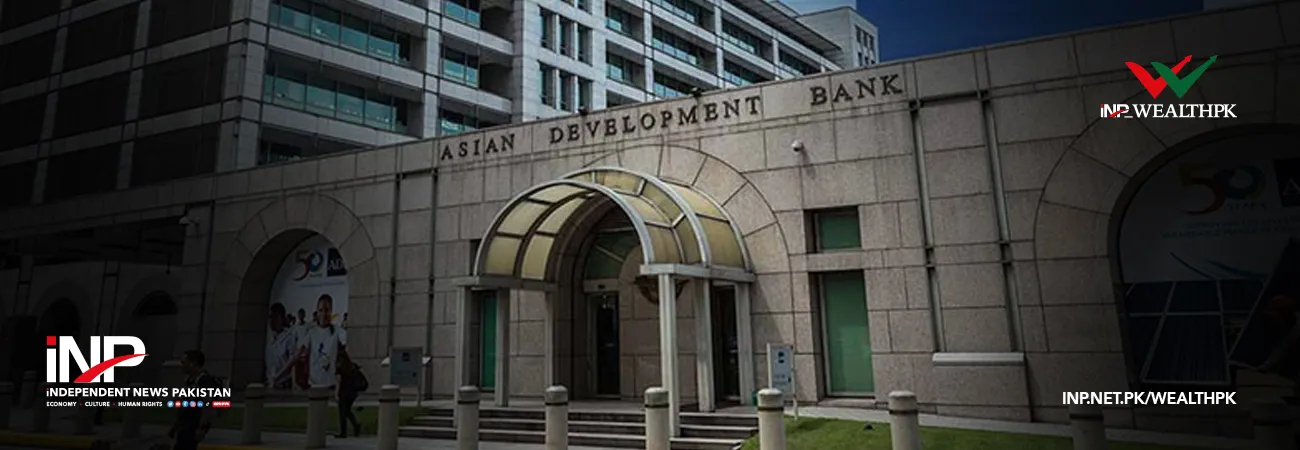INP-WealthPk
Ayesha Saba
The Planning Ministry has embarked on a pioneering initiative targeting the upliftment of the poorest and most marginalized districts of Pakistan. Speaking on the matter, Dr Rafiullah Kakar, Member of (Social Sector & Devolution) at the Planning Commission, told WealthPK that the government was dedicated to accelerating the implementation of socioeconomic projects to expedite the achievement of desired outcomes. He said that Pakistan's economy grappled with mounting challenges, including inflation, poverty and dwindling foreign exchange reserves. "To combat these issues, a multi-dimensional strategy is being pursued, focusing on infrastructure development, education, healthcare, employment, and capacity building. This comprehensive approach aims to foster socioeconomic empowerment, breaking the cycle of poverty and marginalization." He said that focus on district-level poverty mapping and targeted interventions was seen as a crucial step toward bridging the regional development gap. "The initiative, with a total budget of Rs40 billion, is funded on a 50-50 cost-sharing basis between the federal and provincial governments."
Rafiullah maintained that the government was also seeking collaboration with international partners and donor agencies to leverage additional resources and expertise for the upliftment of underprivileged districts. "By forging strategic partnerships and leveraging external assistance, we aim to accelerate progress and achieve tangible outcomes promptly." Khaliq Ahmed, Chief Operating Officer of Pakistan Poverty Alleviation Fund (PPAF), said Pakistan, the second largest country in South Asia and the sixth largest in the world in terms of population, was still in its infancy stage of development. Talking to WealthPK, he said, "Social infrastructure provision is crucial to achieving economic development and growth. The most important social indices are education, health, employment, and gender equality. Human development and welfare should be the center of the social sector growth policy." "Operating in 147 districts nationwide through collaborations with 130 organizations, PPAF has embarked on strategic grassroots development, prioritizing communities facing the direst conditions.
The organization also aims to foster institutions for and by the poor to reduce inequalities and promote inclusive governance and development. This concerted effort aims to propel society towards a collective and secure future," he said. Khaliq added that Pakistan was affected by regional inequality in several ways, such as differences between provinces, districts, and rural and urban areas. "This complex problem has significant effects on how the country develops. Therefore, the governments and the policymakers should make a feasible and non-discriminating policy across different regions to enhance the physical and social infrastructure stock in the country to achieve the desired goals of economic growth." Recently, federal planning minister Ahsan Iqbal stressed the urgent need to focus on regions that have historically been neglected. He emphasized addressing youth uplift and stunting issues in the poorest districts. He asked the deputy commissioners to review district development plans and provide a roadmap.
Credit: INP-WealthPk













